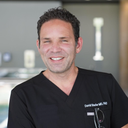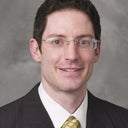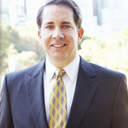Will Bleph Effect Dry Eyes Problem?
Male 59 years considering Quad Bleph. I have had dry eye problems for several years, would this procedure effect that one way or the other? Thanks, Rob let me know if additional information is required
Male 59 years considering Quad Bleph. I have had dry eye problems for several years, would this procedure effect that one way or the other? Thanks, Rob let me know if additional information is required





What’s trending? Who’s turning heads? Which TikTok myths need busting? We’ve got you. No fluff, no gatekeeping—just real talk. Get our free, unfiltered newsletter.